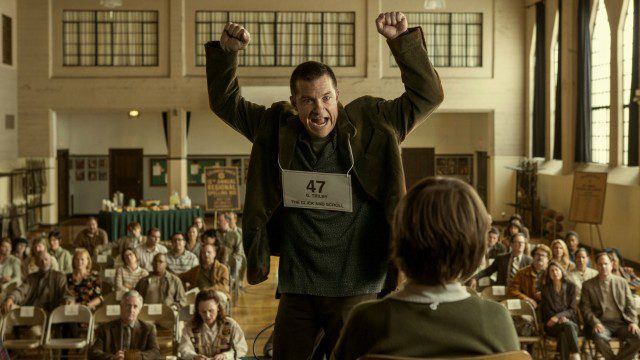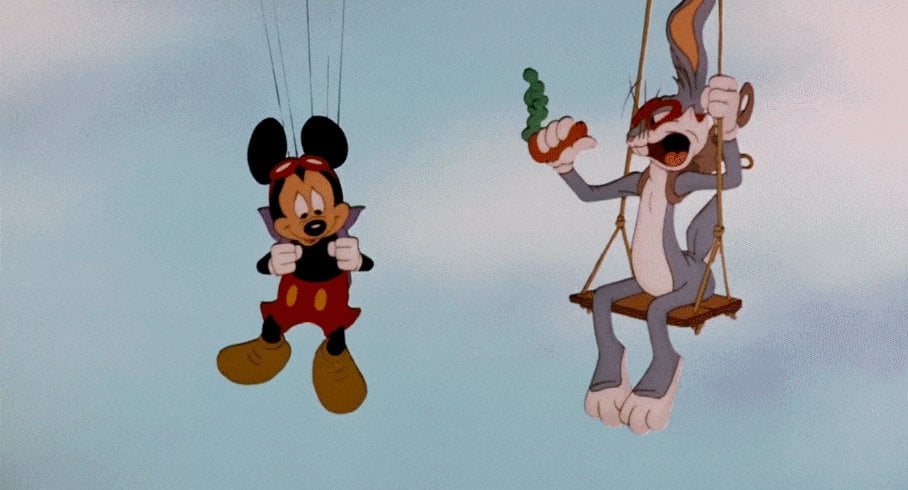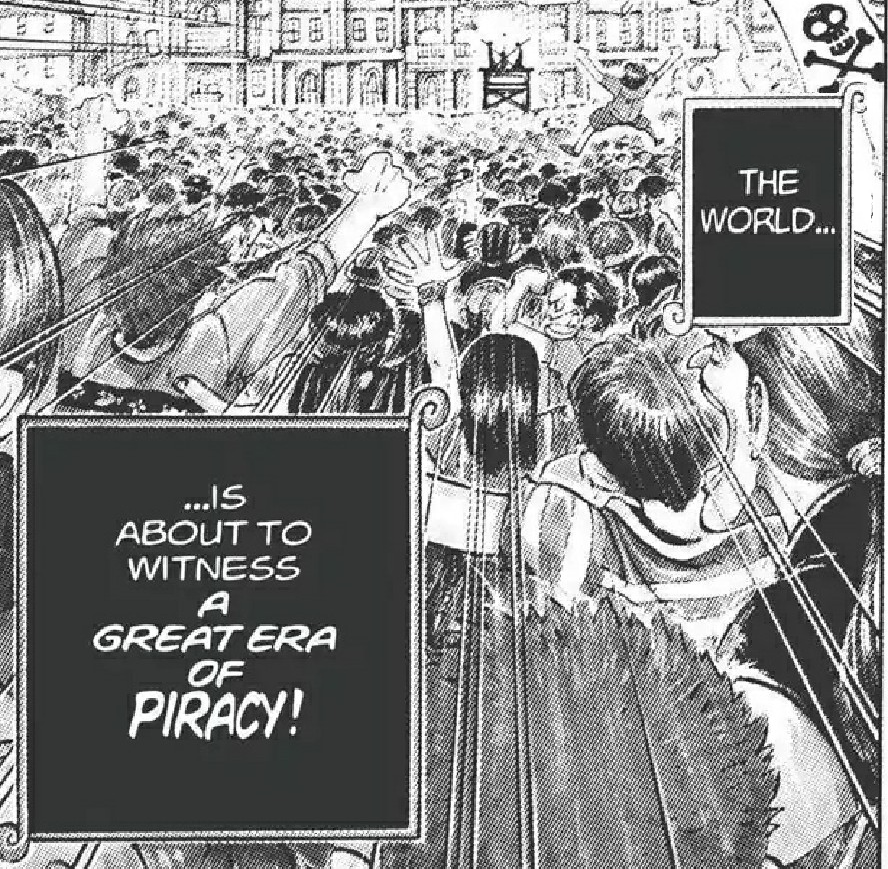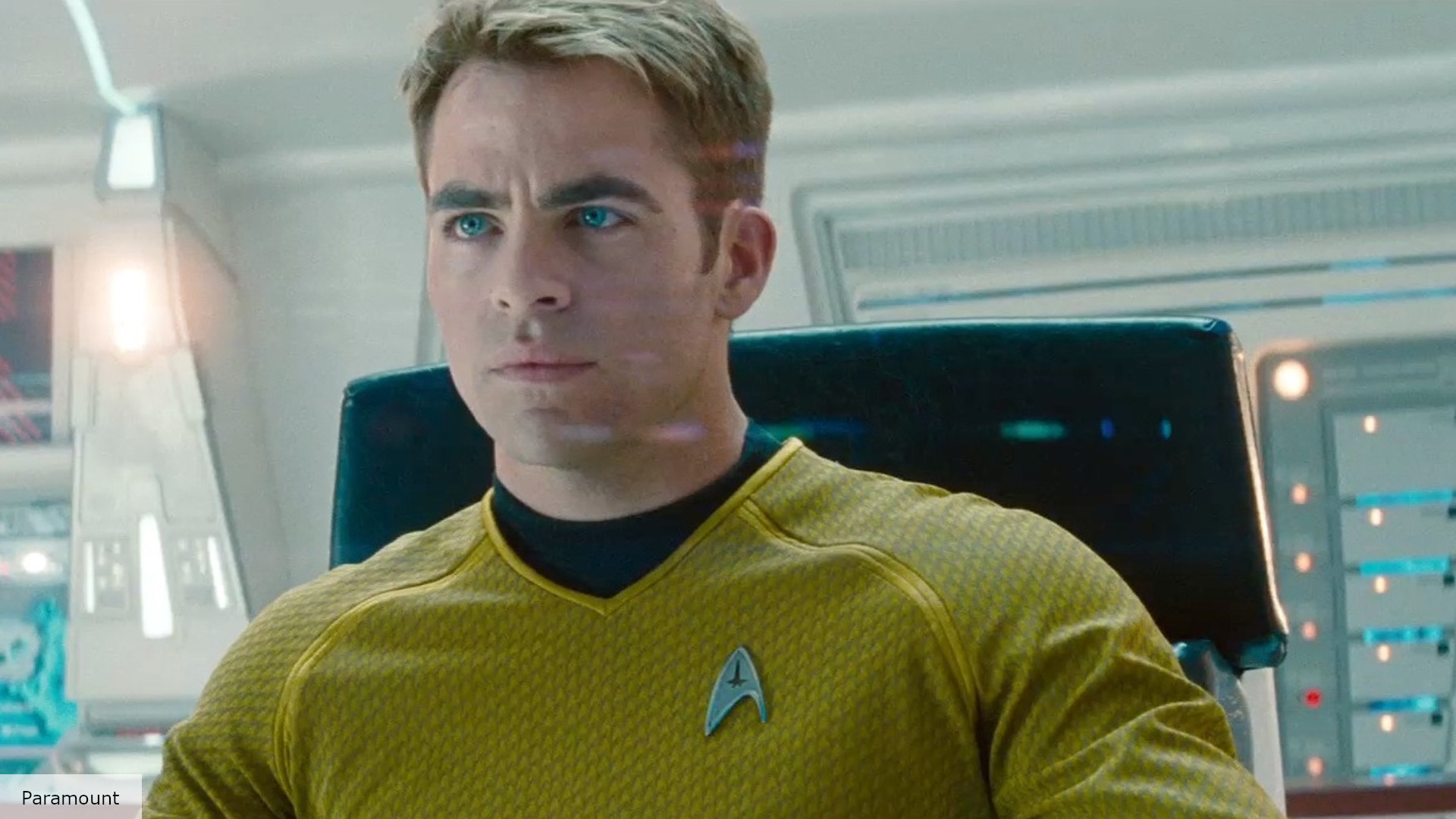Jason Bateman (Identity Thief) makes his feature directorial debut with the subversive comedy Bad Words.
In the movie, he stars as Guy Trilby, a 40-year-old who finds a loophole in the rules of The Golden Quill national spelling bee and decides to cause trouble by hijacking the competition.
Contest officials, outraged parents, and overly ambitious 8th graders are no match for Guy, as he ruthlessly crushes their dreams of victory and fame. Guy zealously plays to win the prize money at stake, outpacing the pre-teen field in match after match. Guy is aided and abetted in qualifying for the matches by reporter Jenny Widgeon (Kathryn Hahn of We’re the Millers), who has the exclusive rights to Guy’s story and has liaisons with her subject. Guy rudely steps up his game to embarrass and outwit the competition’s imperious chief Dr. Bowman (Philip Baker Hall of Argo) and administrator Dr. Deagan (Allison Janney of The Help), who are intent on having him eliminated from the field.
While Jenny attempts to discover his true motivation, Guy finds himself forging an unlikely alliance with a competitor: awkward 10-year-old Chaitanya Chopra (Rohan Chand of Homeland), who is completely unfazed by Guy’s take-no-prisoners approach to life. But the increasingly heated final rounds of the Quill may spell things differently for Guy’s future.
Q&A with director/actor Jason Bateman
“Close to my own sense of humor:” Q&A with director/actor Jason Bateman
Q: What was the genesis of this project as your feature directorial debut?
Jason Bateman: I reminded my agents that I didn’t want their pursuits for my directing career to take a back seat to ones for my acting career. So they sent me three scripts and I was attracted to Andrew Dodge’s, in part because it was the kind of humor that I felt I could manage and navigate well – since it’s close to my own sense of humor. But I also felt that the size and scope of the picture was appropriate to take on as my first film directing venture.
Q: As an actor, you’ve been on sets and shoots of all sizes and scopes. Which directors that you were working with did you take the most notice of?
JB: Every one, really – and a lot of cinematographers and camera operators, too.
But probably the first time that I was exposed to what the directing process can look like and feel like was on what was pretty much my first gig, [the television series] Little House on the Prairie. I’d watch Michael Landon do what he did [directing episodes] and also have this camaraderie that exists on a set and still get a robust day accomplished. There doesn’t need to be screaming and yelling; there can be this camaraderie among director, crew, cast; and “above the line” and “below the line” symmetry and teamwork, which needs to exist.
Michael was, at least at that age to me, everything that people idolize about, say, George Clooney nowadays; a man’s man whom women want to be around and whom men want to be. As far as his demeanor on the set went, Michael loved the crew and the actors; he had established a mutual respect on the set, this sense that no one was there who didn’t need to be there. And that breeds a tone that’s about having fun but also being extremely productive, because everybody is empowered and respected.
So that’s where I started to pay attention. I also started to dream about the position of director when my Dad [, Kent Bateman,] was showing me movies. He was a journeyman director, and growing up he would always take me to the movie theater instead of to the park to play ball. He’d tell me what it was to make a movie; and, what was a good one, what was a bad one, and why. He started to explain the process to me.
Q: Creatively, whose movies have inspired you?
JB: Directors that inspire me and whom I admire are Paul Thomas Anderson, the Coen Brothers, Steven Soderbergh, Jason Reitman, and Alexander Payne, to name a few. I am a fan of any film where the director’s specificity is a character in the movie – not as a distraction, but for the film to be dependent on a director doing something more than pointing the camera and turning up the lights.
There is a tone and an aesthetic that was necessary in Bad Words for the subject matter to be interesting and the comedy to surface, and that directing challenge was attractive to me.
Q: In initially assessing the character of Guy Trilby, how did you see him?
JB: This character is a misanthrope, a guy who is looking to get his emotional state back in a healthy place. He is certainly not setting out to commit a prank or be a s—t-stirrer. Instead, he is somebody who thinks he is pursuing something cathartic, and that ends up being pretty humorous to us normal people.
Q: As an actor, did the character strike you as being in a tradition of iconoclastic roles? Did he put you in mind of aspiring to any portrayals you admired?
JB: Well, I am often playing a guy who is a little uptight or easily p—ed off but this character of Guy is a bit more so. Playing him, in needing to find the comedy in that quality, I focused on borrowing from something that Carroll O’Connor did so well in All in the Family [as Archie Bunker]. That was, on paper, an unlikable character. But in his performance was the portrayal of someone who was a bit more ignorant than spiteful. That meant, to me, incorporating stupidity and vulnerability and even naïevet&eeacute;; I had to communicate that with my eyes.
Oftentimes, that’s more efficiently done with the acting than with the writing, which would take time and then the scenes might get precious. To borrow a line from Mitch Hurwitz and Arrested Development, I’d rather the writers write the characters as unlikable as possible and then have the actors make them as likable as possible. Therein usually lies a happy cocktail.
Q: Since this character could be seen as abrasive, how did you empathize with him?
JB: Guy is trying to right what he perceives to be a wrong that happened to him when he was a kid. So all that is coming from this “boy” place in him; his feelings were hurt. It is a small-seeming place he’s in. I knew I had to establish that first because it’s tough to earn that if you don’t start there, when the audience is most open to receiving any clue you give them. From there, we could take as big a swing as we want at what is basically our fast ball – his prickliness and all of his Bad Words.
Our opening sequence is important, including in the way we shot and scored it and its voiceover; we’re putting it out there that Guy is hurt and vulnerable. Then we can hopefully go as far as we want. It’s a balance we tried to strike.
Q: Were you ever concerned that some of the talk in the screenplay was too politically incorrect? Or did you feel that you just had to play through?
JB: There was always a concern, but I banked on myself making those moments as prickly as we needed to find the funny while also keeping them palatable as possible. We’d find ways to get Guy provoked, putting an insult into the mouth of a character before Guy would speak.
Q: In terms of saying the more agitated lines of Guy’s, did you find yourself profanely riffing?
JB: We’d keep it loose on the set. But once I decided I was going to play Guy, Andrew and I, well before pre-production began, fine-tuned the script. He’d have his laptop open and we’d think up different ways to say things and they’d go into the script. Also, some sequences were made more consistent with the way that I knew I was going to direct the film and the way I was going to cast certain roles. Most of that was done before we started.
Q: But, you didn’t always think in terms of your playing the lead? Or did that decision come later?
JB: Well, I had wanted to get my full ticket’s worth of directing by being behind the camera the whole time. But I knew that this movie was only going to work if there was someone playing the central character who could get away with saying all these things to people, especially this little kid [Chaitanya].
There were actors who I had in mind for Guy, but some were either not interested or not available, and there were a couple who backers were not interested in; I told the financiers it would be “me or better,” and after I’d tried the bigger ones they said, “It’s you, or we’re not doing the movie.”
Q: So you committed to both directing and starring. How did you then re-orient your preparation for the shoot?
JB: I storyboarded as much as possible, since we didn’t have the storyboard artist for as long as we would have needed to for everything to have been storyboarded. The most complicated elements were thought through and put down on paper – what we would be seeing, with which lens, in what direction. I included all that in the [on-set] sides every day, too: this was a move my first AD said might make sense because she had done a couple of Coen Brothers movies and they do that. Well, that sounded good to me! So everybody knew what we’d be looking to accomplish each day.
I shot-listed everything as well; I was just very, very prepared. I didn’t want to run out of time to think up a good idea, and on a schedule like this you might. So I took that time during prep, scouting locations and working with the DP [i.e., cinematographer].
Q: So, for during the shoot, you had already mapped things out with cinematographer Ken Seng?
JB: Yeah, before we got on the set. But if an actor wanted to turn left instead of right, I was able to quickly make that work because there had been so much preparation we knew how the camera could support a modification of a scene and augment what the scene was trying to say. That was one of the main reasons that I’ve wanted to direct: to be able to utilize these other departments to say what the script was trying to say.
Q: The lead character meets his match in a fellow spelling bee competitor. How would you describe their rapport?
JB: Guy sees in Chaitanya some of the innocence and lack of cynicism that perhaps he himself once had and might like to get back. Guy resists this observation a lot more in the beginning of the film than he does at the end, and as a result creates a surprising bond and friendship with Chaitanya.
Q: How did you find Rohan Chand, and what made him right, for the role of Chaitanya?
JB: He made a self-tape submission for the casting office. I watched it and then came back to it again, after going through the process of looking at what nine-year-old actors out there can do. He wasn’t yet nine at the time, but he was head and shoulders above the rest; he had all the qualities that the character needed. Not to mention that Rohan’s own Dad is a good guy, so that certainly helped things along.
Q: You yourself had started out as an actor around his age…
JB: Yes, and working with Rohan often reminded me of when I was a 10-year-old actor. That was helpful as a reference when thinking about how I was going to speak with him, how I’d treat him on set; I remembered how I liked to be spoken to and treated as a kid actor, and I did that with Rohan, so we got along real well. The main thing was, treating someone like an adult and like a peer.
Q: Beyond Rohan, was that also your process with the supporting kids? Your character keeps leaning over to them during the match scenes and speaking with them casually; did you also do that between takes – being more helpful than Guy, of course…
JB: Yeah, again, remembering acting when I was their age and treating them as peers – which actually worked very well for my character’s agenda in those scenes. So, yes, I kept it similar to what it was like between takes on the match scenes, including a smart-alecky tone. This way, they weren’t too jarred when I was doing things in-character, and their reactions would be natural.
Q: How was it directing the other, more experienced actors?
JB: Kathryn Hahn is a friend, and our chemistry was there before the film even started, so that made things very easy. She’s got such great energy. Allison Janney is so talented – that makes things easy too.
Philip Baker Hall was a really fortuitous piece of casting because his pedigree and class elevated and validated the project when working in tandem with the actors we had already secured. They all complemented one another so well, which was a huge gift to the film, and to me as a first-time movie director.
Ben Falcone I had just met after having worked with his wife Melissa [McCarthy, starring in Identity Thief], and I was eager to work with him in anything because I admire his comedic abilities. This opportunity came up, and I had a part for him.
Q: Ultimately, what was your favorite aspect of directing the movie?
JB: My favorite aspect of directing was having the privilege to collaborate with and at times lead a group of highly qualified professionals through the process of creating a world and going 360 degrees with it every day.
It’s very involved and demands a lot of work, and I felt fortunate to be given that kind of responsibility. I truly embraced the entire Bad Words experience from start to finish.
Q: What are your favorite “Bad Words?”
JB: I don’t really have any favorites; I just like to use them, at appropriate times. They are pretty powerful if you’re efficient with them.
A Focus Features and Darko Entertainment presentation of a Darko Entertainment/Aggregate Films/MXN production. Bad Words. Jason Bateman, Kathryn Hahn, Rohan Chand, Ben Falcone. With Philip Baker Hall and Allison Janney. Casting by Jeanne McCarthy, CSA and Nicole Abellera, CSA. Music Supervisor, Chris Mollere. Music by Rolfe Kent. Costume Designer, April Napier. Editor, Tatiana S. Riegel, ACE. Production Designer, Shepherd Frankel. Director of Photography, Ken Seng. Co-Producers, Gary Marcus, Michelle Knudsen. Executive Producers, Edward H. Hamm, Jr., James Garavente, Darren Demetre. Produced by Jason Bateman, Mason Novick, Sean McKittrick, Jeff Culotta. Written by Andrew Dodge. Directed by Jason Bateman. A Focus Features Release.




